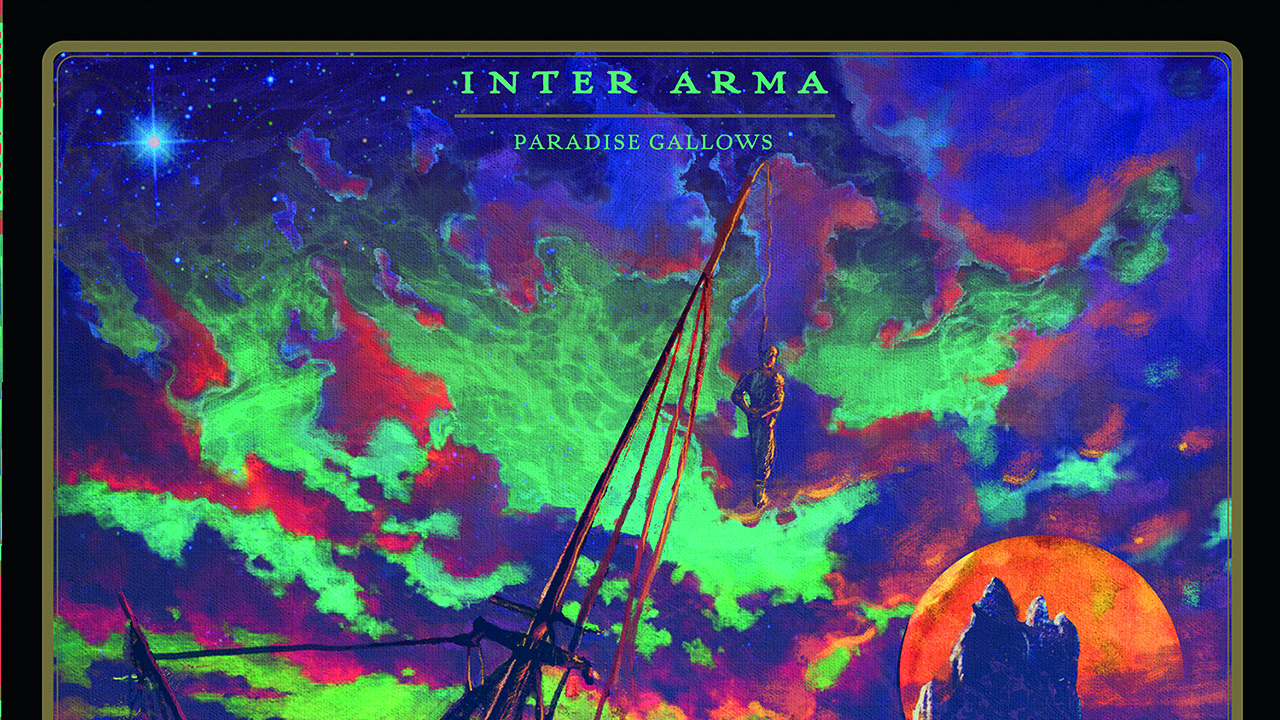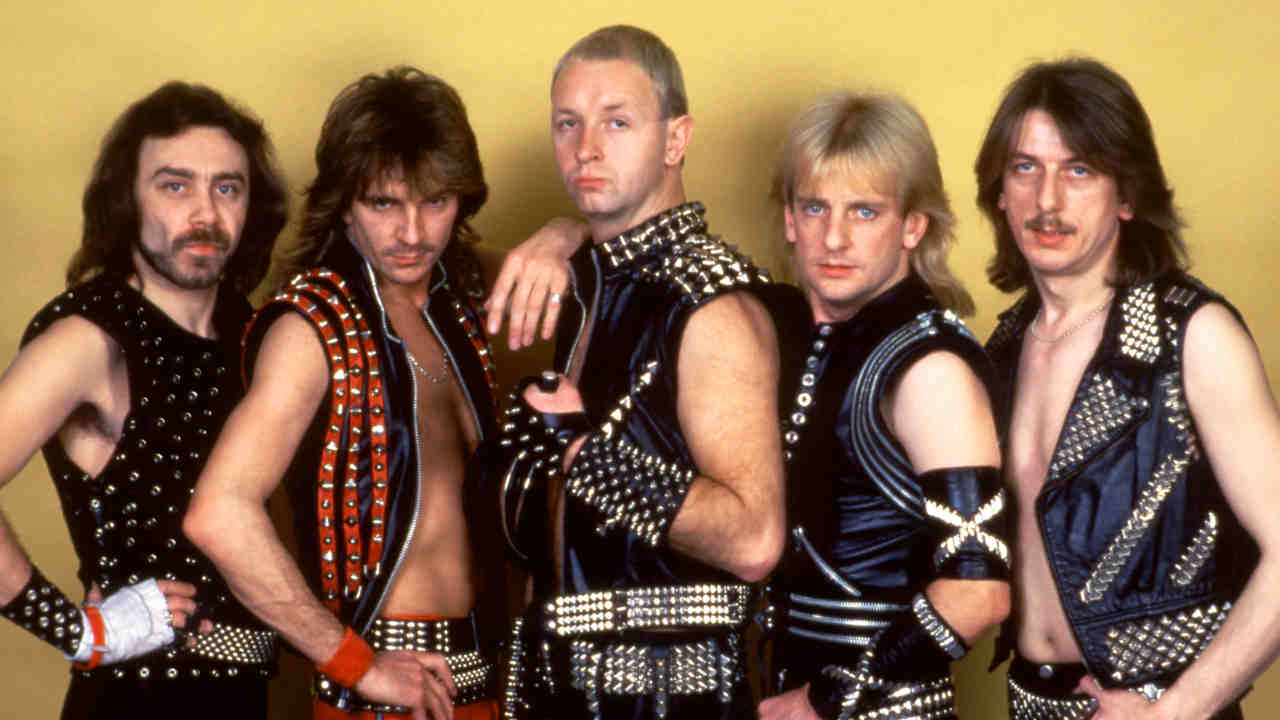You can trust Louder
Inter Arma are stunningly adept at welding their blistering and epic alt-metal maelstrom to particularly cerebral themes, be they Tibetan burial practices (2013’s stunning Sky Burial) or, err, caves (explored on 2014 EP The Cavern).
Now, with their third release for Relapse, the group have discovered their conceptual muse a little closer to home, sourcing their inspiration from one of the great rivers of the southern United States: the Potomac, along the way imbuing their narrative with Civil War references, Cormac McCarthy-isms and cryptic homages to Texas’s country singer/songwriter Waylon Jennings.
In The Paradise Gallows the band have tackled this aquatic vision in much the same twisted and allegorical sense that Alan Moore and Dave Gibbons did with Tales Of The Black Freighter – with Orion Landau’s hauntingly vivid cover art striking a particularly similar tone to Gibbons’ visions of a doomed mariner. Concepts aside, what Inter Arma have created here is the sonic equivalent of fashioning a raft from the bloated corpses of your shipmates in a vain attempt to escape your ultimate fate. With Sky Burial the Virginians thundered into the metal consciousness with a much laboured-over body of work that didn’t so much journey between post-Neurosis sludge, blackened Americana, grind and black metal but forced them to congeal into one singular mass. The Paradise Gallows retains this familiar cohesive ideal, and exceptionally so during the likes of the tempestuous sludge of Transfiguration, with its blastbeats and anguished death howls, as well as the brooding pitch and roll of the title track, which drips in harmonised guitars like Mastodon slowed down. It does, however, also see the band bringing individual elements to the fore that have remained unexplored in isolation. The parched, acoustic lead instrumental opener, Nomini and its longer companion, closer Where The Earth Meets The Sky, are as dark as anything the band has ever written. It’s the six-minute Potomac that provides the most rewarding shock, soaring guitar crescendos and sorrowful pianos helming one of the year’s best albums.
Sign up below to get the latest from Metal Hammer, plus exclusive special offers, direct to your inbox!

